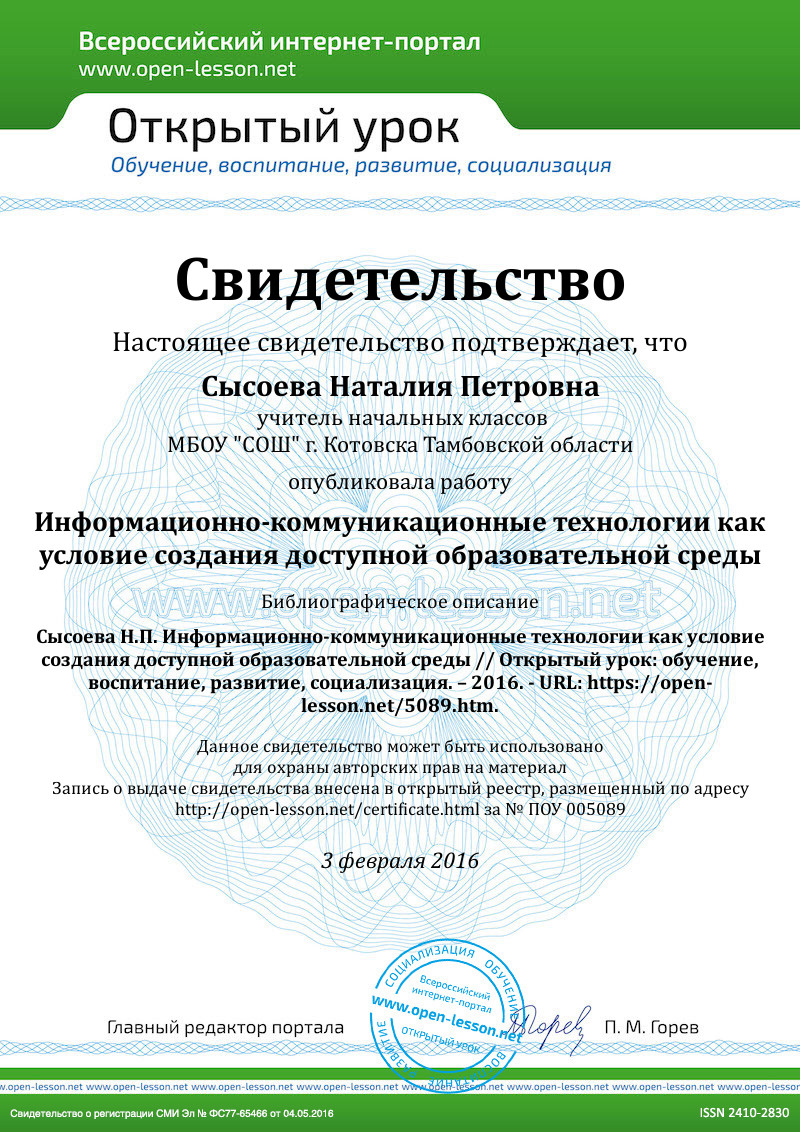Cross-Border Mechanisms For Combating Crime: A Comprehensive Overview

Table of Contents
International Legal Frameworks for Combating Cross-Border Crime
Effective cross-border crime prevention and prosecution rely heavily on strong international legal frameworks. These frameworks facilitate cooperation between nations, enabling the pursuit of criminals and the recovery of assets obtained through illicit activities.
Extradition Treaties
Extradition treaties are agreements between countries that allow for the transfer of individuals accused or convicted of crimes to the country where the crime was committed. This process is crucial for ensuring accountability and upholding justice in cases involving cross-border criminal activity.
- Benefits of extradition treaties: Ensures criminals face justice in the jurisdiction where the crime occurred; promotes international cooperation in criminal matters; deters cross-border crime.
- Limitations of extradition treaties: Political considerations can interfere with extradition requests; differing legal systems can create complexities; high evidentiary standards can hinder the process.
- Examples of bilateral and multilateral treaties: The US-UK Extradition Treaty, the European Arrest Warrant.
The role of international courts and organizations like the International Criminal Court (ICC) is vital in facilitating extradition in complex cases, providing legal guidance and helping to resolve disputes between nations. Successful extradition cases, such as the extradition of high-profile individuals involved in organized crime or terrorism, demonstrate the importance of these treaties in dismantling criminal networks operating across borders. However, challenges such as political tensions and differing legal definitions of offenses can often complicate the process, necessitating improvements in the clarity and efficiency of these agreements.
Mutual Legal Assistance Treaties (MLATs)
Mutual Legal Assistance Treaties (MLATs) are agreements between countries that allow for cooperation in criminal investigations and prosecutions. They provide a legal framework for sharing information and evidence, crucial in tackling complex cross-border crimes.
- Types of assistance provided: Witness testimony, document production, search and seizure of assets, transfer of evidence.
- Benefits of using MLATs: Facilitates international investigations; enables the collection of evidence across borders; strengthens prosecution capabilities.
- Challenges of using MLATs: Bureaucratic processes can lead to delays; differing legal systems can create complexities; confidentiality concerns may arise.
Requesting and obtaining assistance under an MLAT often involves a complex process, with potential delays due to bureaucratic hurdles and differing legal procedures. The process often requires formal requests, detailed justifications, and adherence to strict evidentiary standards. Despite these challenges, successful cases demonstrating the effectiveness of MLATs in gathering crucial evidence and securing convictions highlight their importance in combatting cross-border crime.
International Criminal Courts and Tribunals
International Criminal Courts and Tribunals, such as the International Criminal Court (ICC), play a crucial role in prosecuting individuals for serious international crimes that transcend national borders. These courts provide a mechanism for holding individuals accountable for atrocities such as genocide, war crimes, and crimes against humanity.
- Jurisdiction of the ICC: Focuses on crimes committed by individuals, not states; jurisdiction is limited to crimes committed in member states or by nationals of member states.
- Limitations of the ICC's power: Relies on the cooperation of states for arrests and prosecutions; political considerations can impact investigations and prosecutions; limited resources can restrict its effectiveness.
- Complementary nature with national jurisdictions: The ICC acts as a court of last resort, complementing national jurisdictions.
High-profile cases prosecuted by the ICC, while sometimes facing significant challenges and criticism, demonstrate the court's potential to hold powerful individuals accountable for egregious crimes, thus serving as a deterrent and contributing significantly to efforts combating cross-border crime. However, improvements are needed regarding its capacity and the cooperation it receives from states, enhancing its ability to tackle the complex nature of international crime effectively.
International Cooperation and Intelligence Sharing
Effective cross-border crime control requires significant international cooperation and the seamless sharing of intelligence. This collaboration allows law enforcement agencies to work together, sharing information and resources to apprehend criminals and disrupt criminal networks.
Interpol and Other International Police Organizations
Interpol and other international police organizations play a vital role in facilitating international police cooperation, intelligence sharing, and fugitive apprehension. These organizations provide a platform for collaboration, communication, and information exchange.
- Interpol's structure, databases, and operational capabilities: Global network of police agencies; maintains extensive databases of criminals and wanted persons; facilitates international investigations.
- Examples of successful international police collaborations: Joint operations targeting transnational organized crime; sharing of information leading to the arrest of fugitives.
While Interpol's databases and networks are valuable tools, challenges remain in ensuring consistent data quality and efficient information sharing across diverse legal and technological systems. Overcoming these challenges requires continued investment in modernizing Interpol's infrastructure and enhancing collaboration between its member countries.
Bilateral and Multilateral Agreements
Bilateral and multilateral agreements are crucial for tackling specific types of cross-border crime. These agreements establish clear mechanisms for cooperation and information sharing between countries.
- Examples of successful agreements: Agreements targeting drug trafficking, human trafficking, and terrorism.
- Areas where cooperation is needed: Cybercrime, environmental crime, financial crime.
- Challenges in implementing agreements: Differing legal systems, political considerations, and resource limitations.
The effectiveness of different types of agreements varies depending on the nature of the crime and the level of commitment from participating countries. Successful agreements often involve clear definitions of offences, established mechanisms for information sharing, and strong enforcement mechanisms.
Technological Advancements in Combating Cross-Border Crime
Technological advancements play a crucial role in improving our ability to combat cross-border crime. These technologies improve intelligence gathering, investigation techniques, and international cooperation.
Cybersecurity and Data Sharing
Technology such as facial recognition, DNA databases, and encrypted communication systems significantly aid in tracking criminals, sharing intelligence, and preventing crimes.
- Benefits of technology in crime fighting: Enhanced investigative capabilities; improved information sharing; increased efficiency in crime prevention.
- Ethical concerns related to data privacy and surveillance: Balancing security needs with individual privacy rights; potential for misuse of technology.
- Technological challenges: Maintaining data security; ensuring interoperability of different systems; addressing digital divides.
Technological advancements overcome geographical barriers by enabling faster and more efficient information exchange and cross-border collaboration. However, ethical considerations and technological challenges must be addressed to ensure responsible use and avoid potential misuses.
Financial Investigations and Asset Recovery
Technology and international cooperation are essential for tracking and seizing assets obtained through cross-border crime. This disruption of financial flows helps to weaken criminal organizations.
- Techniques for tracing illicit funds: Financial intelligence units, international banking information sharing, and advanced data analytics.
- Challenges in recovering assets across jurisdictions: Differing legal frameworks, jurisdictional complexities, and lack of international cooperation.
- International cooperation in asset recovery: Sharing of information, mutual legal assistance, and joint investigations.
Freezing and confiscating assets disrupt criminal organizations' financial capabilities, significantly weakening their ability to operate. International cooperation is paramount for effective asset recovery, requiring efficient information sharing and streamlined legal procedures across jurisdictions.
Conclusion
Effective cross-border crime mechanisms are crucial in addressing the escalating threat of transnational criminal activity. This article has highlighted the key legal frameworks, international cooperation strategies, and technological advancements that play a vital role in combating cross-border crime. While significant progress has been made, ongoing challenges remain in coordinating efforts across different jurisdictions and ensuring effective information sharing. Future improvements will require strengthened international collaboration, innovative technological solutions, and a greater commitment to addressing the root causes of cross-border crime. Continued investment in and development of effective cross-border crime mechanisms, including robust extradition treaties and MLATs, is paramount to ensuring global security and justice. Strengthening international cooperation and leveraging technological advancements will be critical in building a more secure and just world.

Featured Posts
-
 Gaza Hostage Edan Alexanders Father Holds Onto Hope Pressures Us For Hamas Dialogue
May 13, 2025
Gaza Hostage Edan Alexanders Father Holds Onto Hope Pressures Us For Hamas Dialogue
May 13, 2025 -
 Izmeneniya V Obrazovatelnykh Standartakh Fizika I Khimiya V Doshkolnom Obrazovanii
May 13, 2025
Izmeneniya V Obrazovatelnykh Standartakh Fizika I Khimiya V Doshkolnom Obrazovanii
May 13, 2025 -
 India And Myanmars Shared Culinary Traditions
May 13, 2025
India And Myanmars Shared Culinary Traditions
May 13, 2025 -
 The Ultimate Guide To Doom The Dark Ages
May 13, 2025
The Ultimate Guide To Doom The Dark Ages
May 13, 2025 -
 Penjelasan Karding Soal Penempatan Pekerja Migran Di Kamboja Dan Myanmar
May 13, 2025
Penjelasan Karding Soal Penempatan Pekerja Migran Di Kamboja Dan Myanmar
May 13, 2025
Latest Posts
-
 Is Elsbeth Season 2 Delivering On The Judge Crawford Promise
May 13, 2025
Is Elsbeth Season 2 Delivering On The Judge Crawford Promise
May 13, 2025 -
 The Elsbeth Season 2 Countdown Resolving The Judge Crawford Plotline
May 13, 2025
The Elsbeth Season 2 Countdown Resolving The Judge Crawford Plotline
May 13, 2025 -
 Elsbeth Season 2 Predictions Will The Judge Crawford Mystery Be Solved In 2024
May 13, 2025
Elsbeth Season 2 Predictions Will The Judge Crawford Mystery Be Solved In 2024
May 13, 2025 -
 Cassie And Alex Fine First Red Carpet Appearance Since Pregnancy Announcement
May 13, 2025
Cassie And Alex Fine First Red Carpet Appearance Since Pregnancy Announcement
May 13, 2025 -
 Pregnant Cassie And Alex Fine First Red Carpet Appearance Together
May 13, 2025
Pregnant Cassie And Alex Fine First Red Carpet Appearance Together
May 13, 2025
